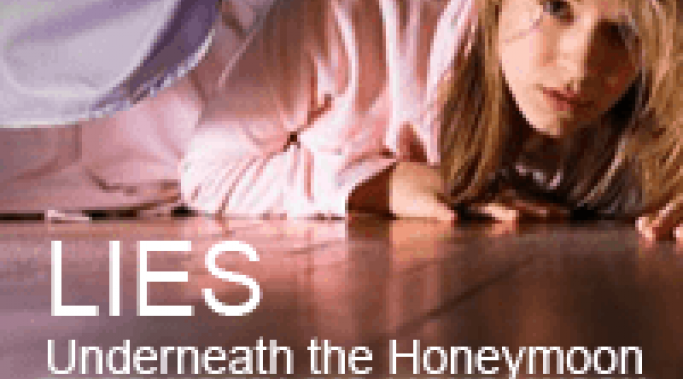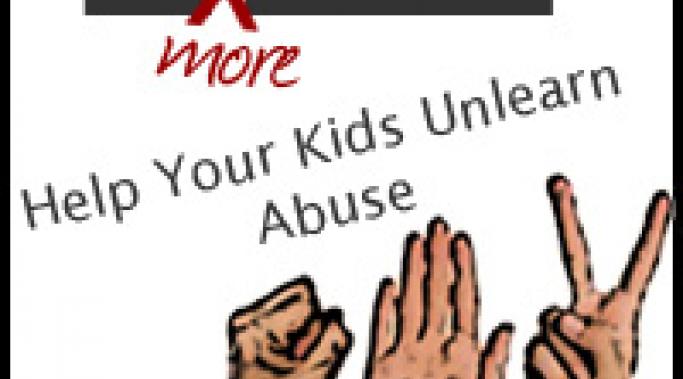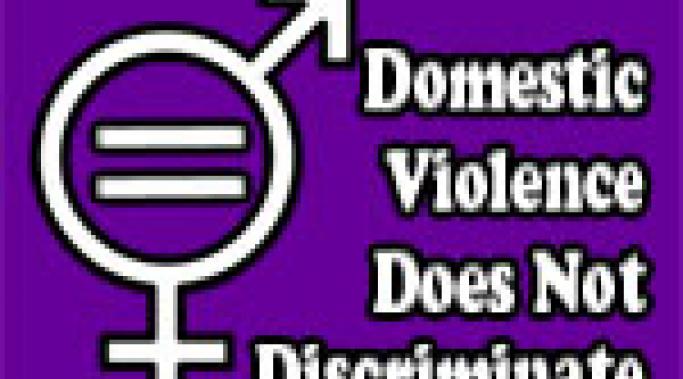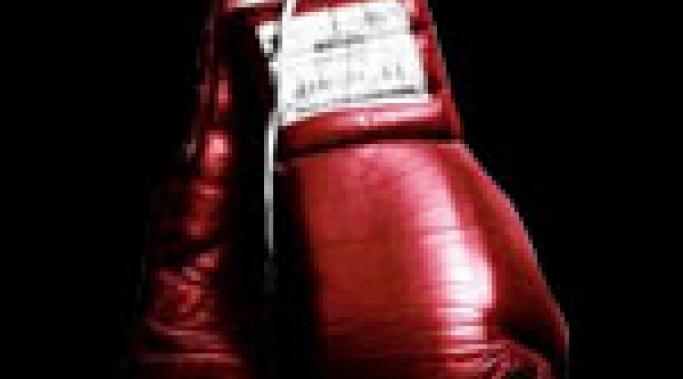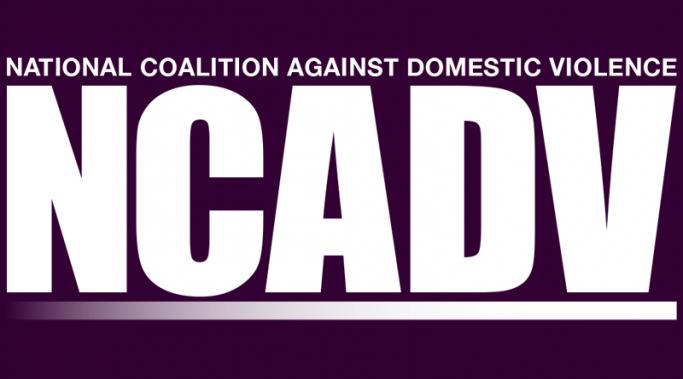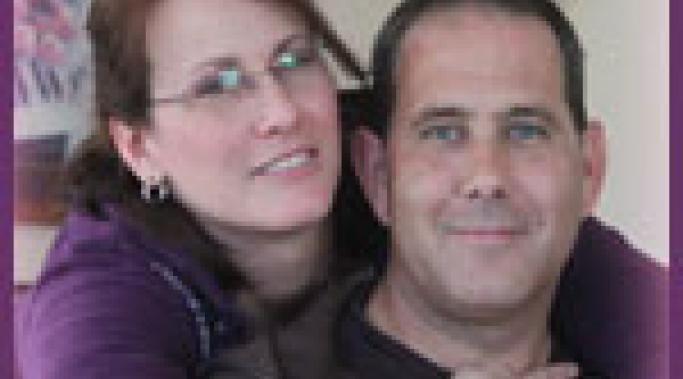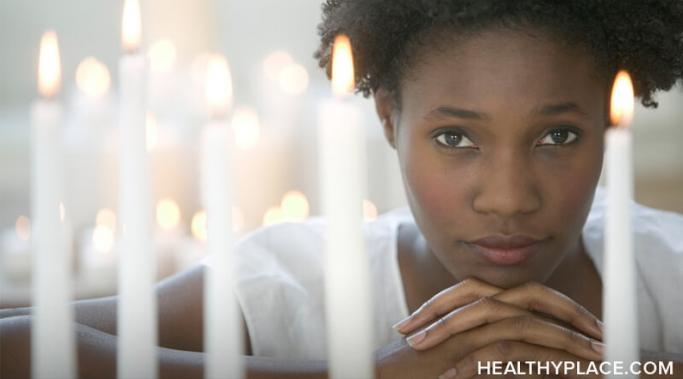'Tis the season for increased abuse, ladies and gentlemen. Hold onto your stockings, it could be a wild ride! Many of you could have experienced the beginnings of your holiday "bliss" this past week during the celebration of Thanksgiving, leaving you to wonder exactly what there is to be thankful for when your significant other can't seem to enjoy a holiday, no matter what amount of thought you put into making it enjoyable for them.
Verbal Abuse in Relationships
Way before I understood that my (now ex) husband abused me, he asked me if I was stuck on stupid, and I thought to myself, “No, I am stuck with Stupid.” Saying that statement aloud did not seem like a good idea, so I kept it to myself. Although quite pleased with the internal right-back-atcha dialogue going on inside my head, I didn’t take the time to reflect on the insults I’d wished I had delivered aloud until recently.
Any insult I once wished I said would have escalated the abuse. I knew it back then, and that is why I kept the nastiness to myself. In hindsight, the insults I did not deliver held value to me. They kept my mind busy so I could not absorb his words into myself. Instead of wondering if I was “stuck on stupid” or believing I was stupid, my mind protected me from that nonsense by making up insults. Busy in my own head, his words could not harm me; his words couldn’t penetrate the shield.
Children in abusive homes often learn how to abuse without really knowing what they're doing. It's another tragic effect of abuse that can seem hopeless to overcome. But it isn't. Children in abusive homes aren't lost to us parents who have learned about abuse and can recognize abuse when it comes from our children. Granted, it's easier to teach children of abusive homes how to behave appropriately when they're no longer exposed to abuse. But, as that's not usually the case with family court being as it is, it's up to us non-abusive parents to teach children how to behave well. Here are some ideas on how to help children in abusive homes unlearn abuse.
When it comes to the statistics about domestic abuse, it doesn't matter to me how many men to how many women experience domestic violence. Domestic violence is a power issue more than a gender issue. Intimate Partner Violence affects men and women, and I really do not care in what proportion.
Domestic violence will not end until
no person seeks power over another person, or
every person learns to recognize the tactics of control and manipulation early in a relationship so they can make the decision to get out before the abuser hurts them (more).
I do not see the day when no person seeks power over another. I believe the majority of people want and work for equitable relationships, but I also believe there will always be those who do not. I think the desire for power over another person is a temptation all of us battle with at times. Some of us win that battle, and some of us lose ourselves in it.
I feel ornery today. Woe to anyone who crosses me. You've been warned!
During my marriage, I would have put on my boxing gloves on a day like today. I would check my s%*t-list, which always consisted of only my husband's crap, and remind myself of what he got away with that deserved retaliation. I'd figuratively position myself smack dab in the center of the door frame and wait for him to come home. POW! Sucker punch. And boy, would it feel good to see that look on his face. I always got the first verbal hit on these kinds of days.
The anger inside of me today is the same. Bubbling, festering, the color of sick yellow pus. It needs out, and baby, cleaning this darn house for release just isn't going to cut it. Honestly, I want to write my ex a scathing email. Stir things up, let him know how I feel. Problem is, I don't really feel anything when it comes to him anymore. My ex hasn't been on my list for months because my list doesn't exist anymore. This anxious, angry feeling is mine alone. In the absence of abuse, what in the heck am I supposed to do with all this frustration?
In 1987, our nation observed the first Domestic Violence Awareness Month. I was 16 years old and never saw a poster saying Fight the Violence or Silence Hides Violence. I wouldn't have known what those slogans meant or referred to anyway. When I was young, domestic violence wasn't an issue for me or for my school or the shops at the mall because we didn't know what it was. Thank goodness it was an issue for the National Coalition Against Domestic Violence (NCADV).
I am struggling in my relationship with Max. He requests more attention from me, and I know his request is rational. Truth is that I find it difficult to connect with him in an intimate way on a regular basis. It seems that "everything else" gets my attention and focus, while I place Max's needs on the back burner.
I remember saying words to my ex-husband, Will, that didn't help my abusive relationship or me at all. Will ignored them for the most part, but the tragedy is that I ignored them too. Here are the top five statements I wish I'd heard myself say.
Violet is ready to leave her abusive husband - almost. She struggles with what-ifs, but I sense she has one foot out the door already. She asked in her comment,
"I think about him meeting someone else; what if he is good to her? Does that make her better than me? I know someone else addressed this, but it is a real fear of mine. Am I making him act this way?"
I know how hopeless and helpless you can feel if you live with an abusive person. Abusers suck the joy out of life - or at least they try very hard to make our lives miserable. If you're stuck living with abuse, I hope you are planning your escape. But sometimes it is close to impossible to leave now, so you've got to put up with your abuser's crap as best as you can. For many abused people, putting up with it feels like saying it is okay for your abuser to treat you that way. Sticking up for yourself backfires, being silent backfires...there seems no way to appease the abuser without compromising who you are.
It is very important that you find a way to maintain your integrity despite the abuse. But because Abuse seeks to destroy your integrity and turn you into a monster like it, the battle just to be you rages daily. Fighting the battle on your abuser's terms isn't going to work; besides, acting like them might make you think less of yourself. Think about what behaviors will make you feel good about you.
The idea of coping with abuse is increasing our feelings of empowerment and making our own decisions about how we act, what we think, and how we feel. Everyone wants to feel good about themselves, and you can feel better about yourself even if you live with a life-sucking abuser.
